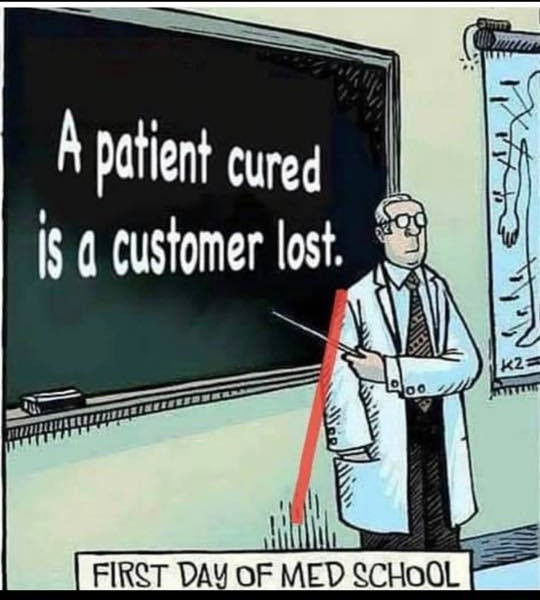Basic Principles of Health Education
- alazris
- Feb 10, 2022
- 3 min read
According to the World Health Organization, health is an essential part of an individual's overall wellbeing. Healthcare is a desirable goal that can be accomplished with the help of education.
These three components of human behavior must be considered in health education. It combines the principles and practices of primary education with the science and philosophy of medicine. It can't just be 'given' to someone. It entails the training, understanding, and instillation of behaviors that promote a healthy life.
Take a look at the basic principles of health education:
What Are The Elements Of Health Education?
There are six elements of health education which are:
· Intellectual health education.
· Spiritual health education.
· Social health education.
Basic Principles Of Health Education
The following are the main principles of health education:
1. Motivation To Learn
Every person has an innate urge to learn. Motivation is the stimulus or realization of this desire. Primary and secondary motivations are the two sorts of motives. Sex, appetite, and survivorship are fundamental motivations and natural desires. Appreciation, affection, incentives, discipline, and acknowledgment are secondary incentives.
It is a cognitive notion that students don't pay attention to the subject, which is boring. As a result, health education should be tailored to the needs of students. Health phrases like 'take care of the body' or 'be fit' are not appealing to students. Health educators must determine students' true health and wellbeing.
Psychologists refer to this as "felt needs" that students have about themselves. If a healthcare program is founded on "felt needs," students will eagerly enroll in it. Before the health educator can address the issues, he must first raise awareness of them.
2. The Need Of Active Participation
People engaged in a specific health education program must not be left behind. The listener's active engagement in establishing and operating healthcare plans should be supported to its full potential. This will increase the audience's sense of togetherness and motivation of the students and incorporate new technologies.
3. You Should Go From Simple To Complex
Health education is a systematic method of acquiring information, developing positive attitudes, and acting constructively to achieve a healthy lifestyle.
As a result, research in health education must progress from realistic to metaphysical, from basic to complex, from easy to challenging, from specific to generic, and from known to unknown. Such a procedure will make it easier for people to better understand relevant content.
The Significance Of Health Education
The following are aspects that highlight the importance of health education:
1. It helps to provide students with skills and insights.
2. Health education teaches individuals that their wellbeing is a valuable asset to their community.
3. It helps in providing awareness about infectious diseases.
4. It helps in developing beneficial health habits.
5. It instills health awareness in the learning community.
6. It helps create a safe and healthy atmosphere for physical and mental development.
7. Health education promotes a healthy way of life.
Get In Touch With One Of The Most Reliable Medical Literature Online Bookseller
A patient's story is quite literally a patient’s voice. This could be a great vent for someone who is on the tough road to recovery for a couple of weeks or months. The story also allows healthcare providers to understand what it’s like to be a patient. Medical fiction greatly humanizes medicine and helps healthcare providers develop a greater sense of empathy.
Andy Lazris is a renowned healthcare provider and medical fiction and non-fiction writer. You can download some of his best-selling medical non-fiction e-books from the website. Other recommendations include his healthcare system-related book Curing Medicare and his health benefits-related book Interpreting Health Benefits and Risks (with Erik Rifkin). Visit our website to take a look at more non-fiction books.



Comments